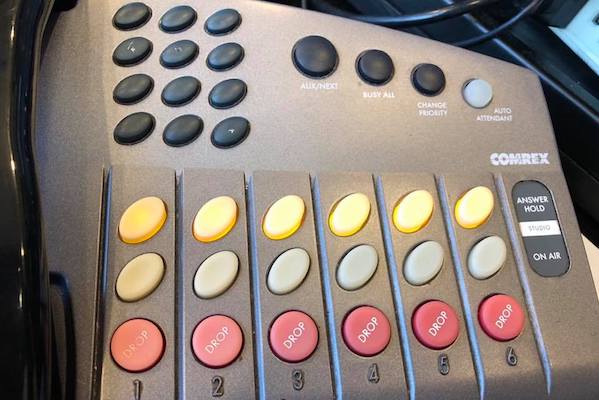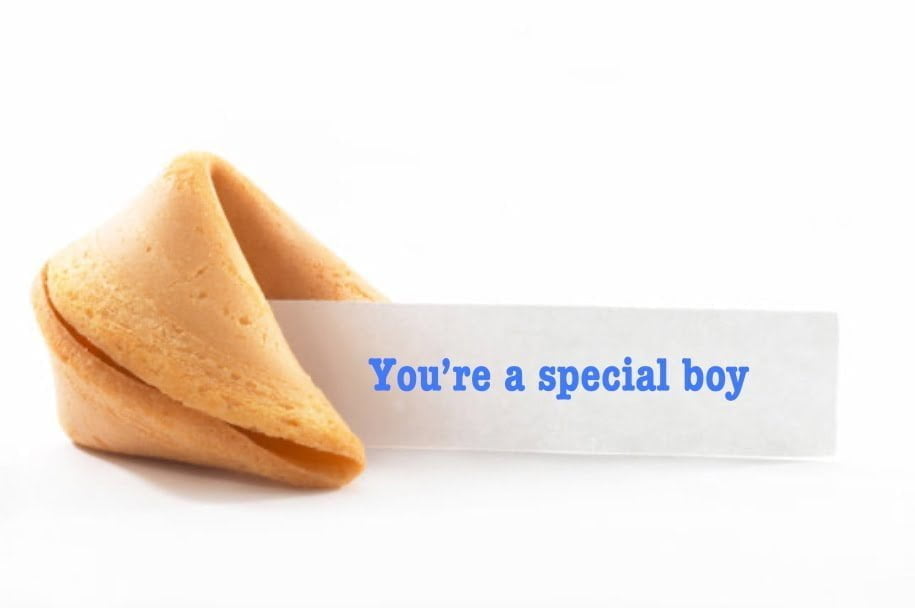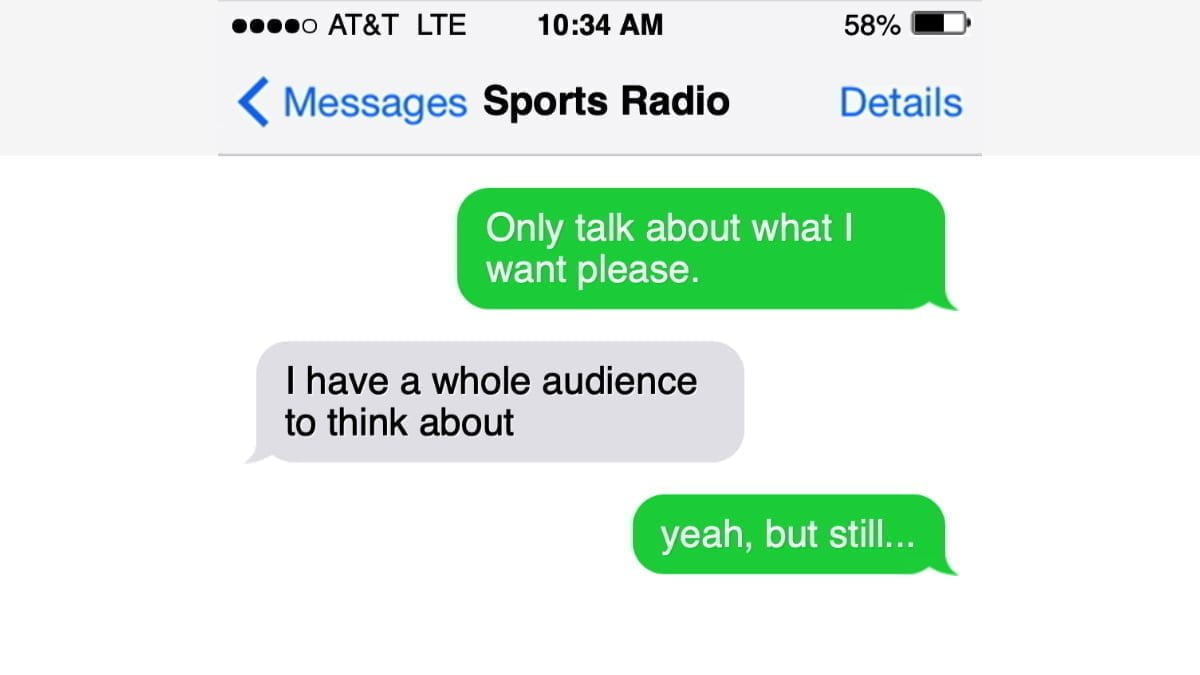Audience interaction is going to be a moving target forever in sports radio. Do phone calls still add value? Is Twitter a more organic way for audiences to weigh in now? What does Twitch add to the proceedings?
Although I have never been a fan of listener calls, I certainly realize that listener interaction is the backbone of sports radio. That live element of being able to respond to an interview or opinion in real time is what separates our business from podcasts and what every new digital sports platform is trying so hard to copy.

For today, let’s focus on text messages. They have become so ubiquitous that a station that doesn’t have some sort of texting platform now seems lacking. Texts are a perfect communication tool. They are concise and easy to integrate into a segment. It isn’t hard to see why hosts flock to them for listener interaction.
Is it possible that texts are too easy? In the past couple of weeks, I have listened to multiple shows where hosts spend the majority of segments reading other people’s thoughts. The advantage of texts disappear if you mindlessly read everything in front of you.
This is one of those situations where producers have to produce. In an ideal world, I think the producer needs to be a literal gatekeeper. Take the text message screen away from the host and let the producer be the one to decide what is worth bringing on air. Think about it. If you are using texts to replace phone calls, don’t you want the host’s reaction to them in real time? If you have a whole commercial break to formulate your response, where is the spontaneity? Don’t you start to second guess if your honest opinion is one that keeps your overall point moving forward?
What I have always hated about phone calls on the air is that they can hold the show hostage. If calls aren’t properly screened or callers aren’t given parameters for being on air, the host has no reason to feel confident that what will come out of the caller’s mouth will actually benefit the show.
That is why communication and coaching matters for producers. They keep any goober with the station’s phone number from turning afternoon drive into open mic night. Why wouldn’t a programmer want to put the same safe guards in for texts?
As a listener, I don’t need to hear the same though multiple times just because it was sent in by multiple people. I don’t need the throw away comments or contributions that hosts just throw in because they are right in front of their faces. Have a reason for everything you decide to put on air.
My advice would be to use no more than three text interjections in a segment. That can mean three texts or if there are two or three texts that work well together, you can package them together and count that as a single interjection. I say this a lot, but I think it is always worth repeating. I turn on Petros and Money because I like Petros and Money and are interested in what Petros and Money are saying today. I don’t really care about Danny in Glendale’s thoughts on the Clippers. So if Danny is going to get his say, the hosts and producer have to make sure it doesn’t take up too much of the time I could be hearing from the hosts that I turned on the station to hear in the first place. Quarantining these interjections in a way that they aren’t just coming rapid fire, but instead create individual, interesting conversations accomplishes that goal.
Three is just a number that works for me. Maybe your audience can be a little more lenient.
Some stations like to have a question of the day that they encourage people to answer via text. These can be a lot of fun. Unfortunately, for some hosts, they can also become a crutch. Responses to those kinds of questions don’t need to be included in every segment. Remember, audience interaction needs to work for you. If you don’t read a text right away, the person who sent it may not hear it on air, and you know what? That is just fine. Your goal isn’t to put a spotlight on everyone’s opinion. It is to make the best radio you can.

Listener interaction isn’t going away. Sports radio will always find a way to make sure the voice of the fan is amplified. But as new technologies make it possible to rethink what listener interaction is, it is important to remember that the end goal is always quality. That is why texts need a gatekeeper just like phone calls do.

Demetri Ravanos is a columnist and features writer for Barrett Media. He is also the creator of The Sports Podcast Festival, and a previous host on the Chewing Clock and Media Noise podcasts. He occasionally fills in on stations across the Carolinas in addition to hosting Panthers and College Football podcasts. His radio resume includes stops at WAVH and WZEW in Mobile, AL, WBPT in Birmingham, AL and WBBB, WPTK and WDNC in Raleigh, NC.
You can find him on Twitter @DemetriRavanos or reach him by email at DemetriTheGreek@gmail.com.








